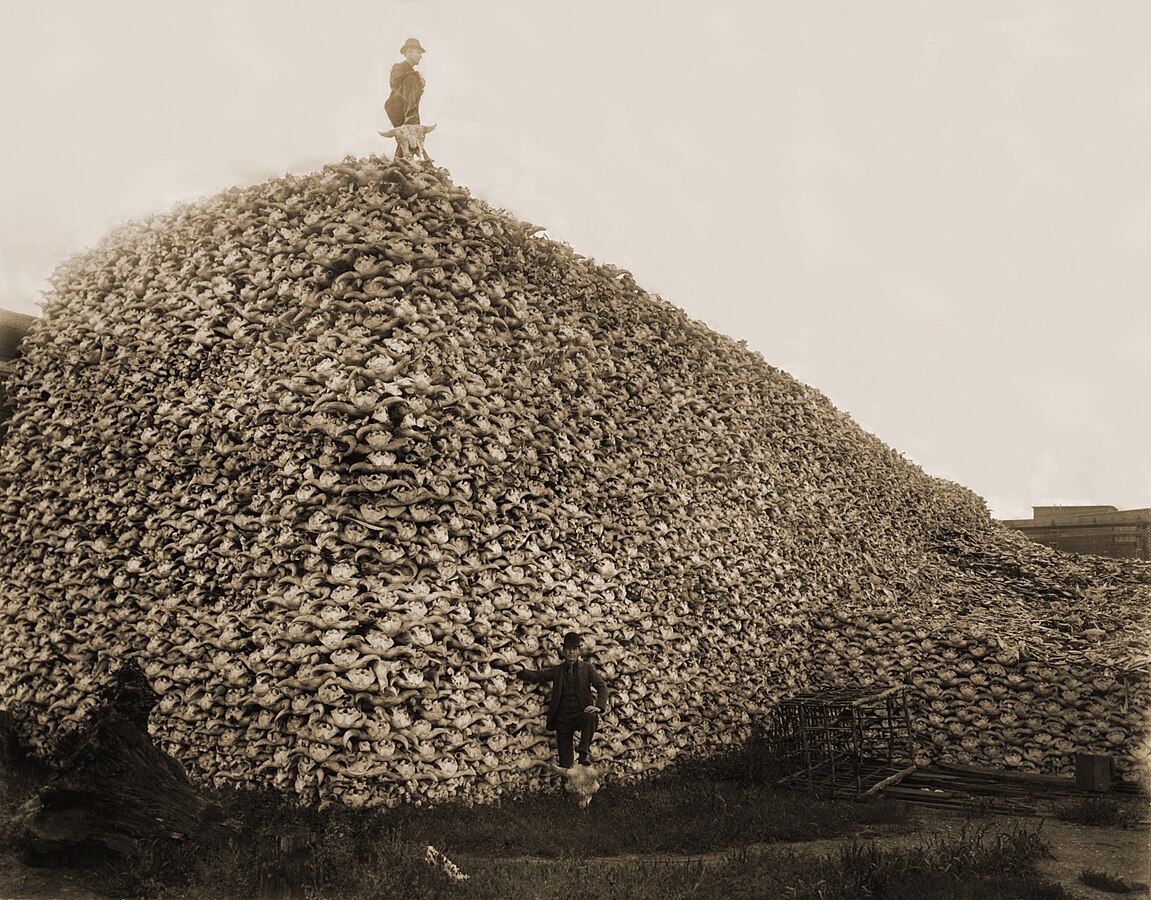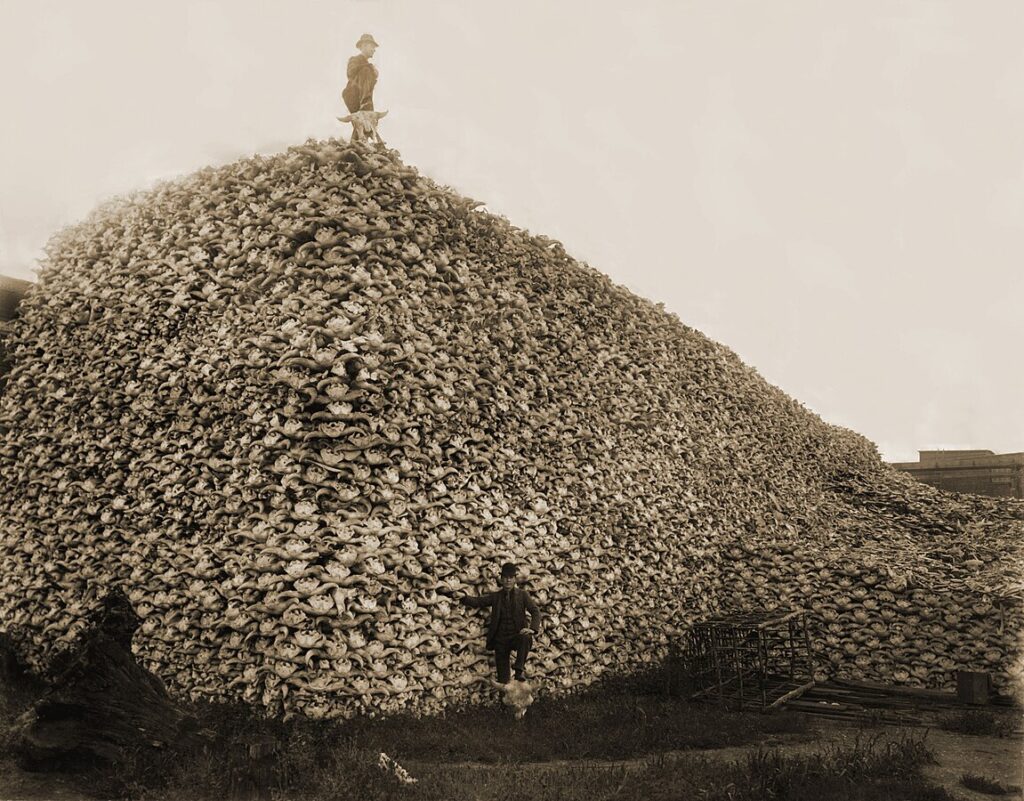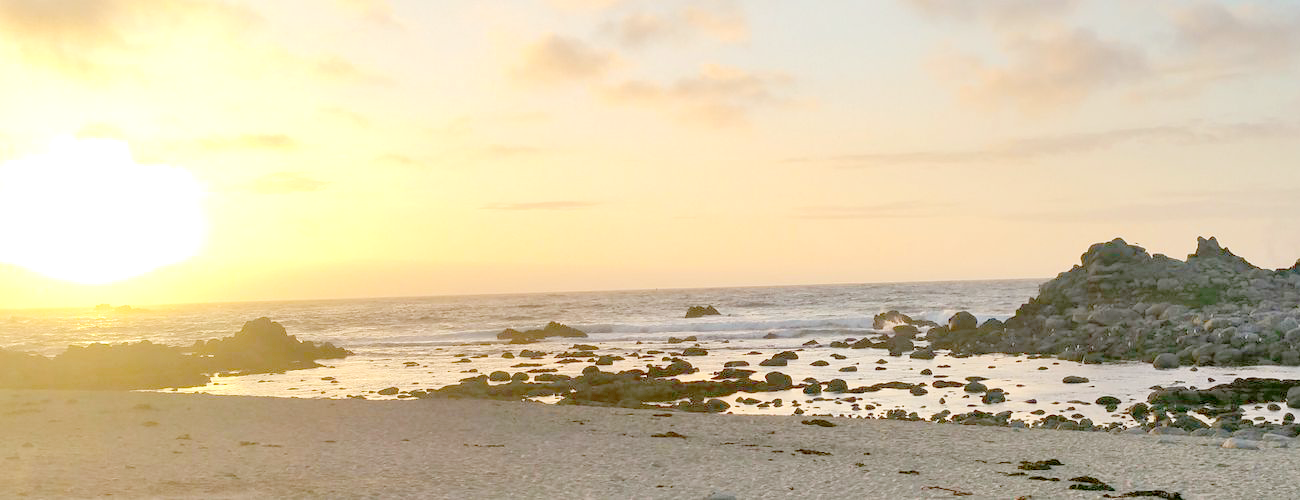
On the Eve of My Facebook Death
I made the decision to delete my Facebook and Instagram one month ago. I stopped posting to social media nearly four years ago. I stopped learning new social medias at Snapchat—fourteen years ago. I opened my Facebook account during a sleepover on St. Patrick’s Day weekend of my senior year of high school, 18 years ago.
None of this seems like it should matter, but it actually does. Meta gives you a 30 day cooling-off period to rethink your decision, making this choice more weighty to Americans than a loaded gun.
But why does this matter? I suppose the answers lie inside the waves of identity social medias have tried on over the last twenty years.
IF social medias exist to help you stay connected with friends and family, what happens when you withdraw?
IF social medias exist to build an online community around shared ideas, what happens when you stick to in-person instead?
IF social medias exist to inform and communicate, what happens when you disconnect?
These websites and apps were silly time-wasters for me in the beginning, landing just as I was embarking on my college career. I endlessly pondered cheeky ways to answer the fixed phrase, “Cait is … ” and my heart raced when my crush-of-the-moment poked me back before I had ever been kissed.
When I entered the workforce in the rural Midwest, I was the youngest in the office by decades. My supervisors understood social media mattered but were not interested in adopting the habit. If I had known the Boomers would soon be the only users propping up Facebook, I would have insisted they adopt the social media responsibilities for the corporation. However, this obligation fell to me and I became the professional ventriloquist/reality TV footage crew/sponge for public scorn for my job for the next nine years.
Then came a pandemic and social media was no longer a silly time-waster but was now the public square—the place to get information you felt you needed immediately and to occasionally witness a hanging. After nearly two years of constant scrolling and 15 years of daily posts, I quit the habit in December 2021 when I realized I felt obligated to elegantly respond to a family crisis publicly like I was some celebrity. During the Hamas attack in October 2023, I realized I was watching actual footage of hostages being taken and murdered while reclining on my couch. I abandoned my accounts after that.
Social media is the last place I spoke to my ex-husband. Where a random high school acquaintance tried to get me to wire them money so they could return from a cruise they took as part of their pyramid scheme. It’s the place where I got the message that my brother had a stroke. It’s where a friend took a photo of a heartfelt, handwritten note and sent me a picture of it through Messenger, instead of popping it in the mail.
All of these interactions are now sitting in my Dropbox. Meta gives you the opportunity to download and save your Facebook and Instagram profiles, so I did. I could comb through the photos, posts, notes and pokes—but I haven’t. I have no desire to look at that part of my life. I can’t tell if it’s embarrassment or grief.
I suppose I’m glad to have the record. Absurdly, the period where I was most rabidly devoted to social media was also the time when I neglected my personal journals the most (a lifelong habit of mine).
But unlike my personal journals, these social media posts are distorted by the reality of the medium. They can never be fully truthful or usefully revealing. The quips and thoughts of 18-year, 25-year, 32-year-old me aren’t actually real. Reviewing them would not remind me of the value of those years, like it does when I read my journals. I have this hollow account instead. The embarrassment and grief returns.
My accounts sat dormant for years until I logged on a few months ago, desperate for details about a friend’s suicide. It was then I realized a stranger had attached itself to my hibernating account like a parasite, running ads for dubious financial products in my name.
I attempted to reach out for help via Facebook’s labyrinth of help questions, but gave up within a half hour. It was simply time to shut it all down.
As I look back on my relationship with social media, I suppose it’s the same as any breakup. There were good times, but they could never outweigh the bad ones. I entered my relationship with social media before I had ever been in an actual relationship, and it took 18 years to realize it was an abusive one. Social media makes my heart race almost immediately at this point; the emotional noise is too much for me to absorb.
For some reason we believe leaders of technology companies who tell us they have the answer to questions no one is asking. I feel like I have endured three cycles of tech-fueled looting campaigns, starting with the Internet, then social media and now artificial intelligence. I am being told AI is just the next thing we must adopt, just like how it felt in the early 2010s with social media. That while AI is still the Wild West, of course it’s time to don our assless chaps.
But maybe, as I watch my Instagram draw its last breath, we must reconsider our approach to technology’s endless cycle of Wild Wests. Because the people selling you the next big thing are the only cowboys in this analogy. You and I are just a pile of discarded buffalo skulls.


Leave a Reply